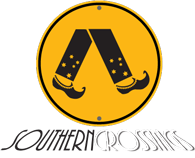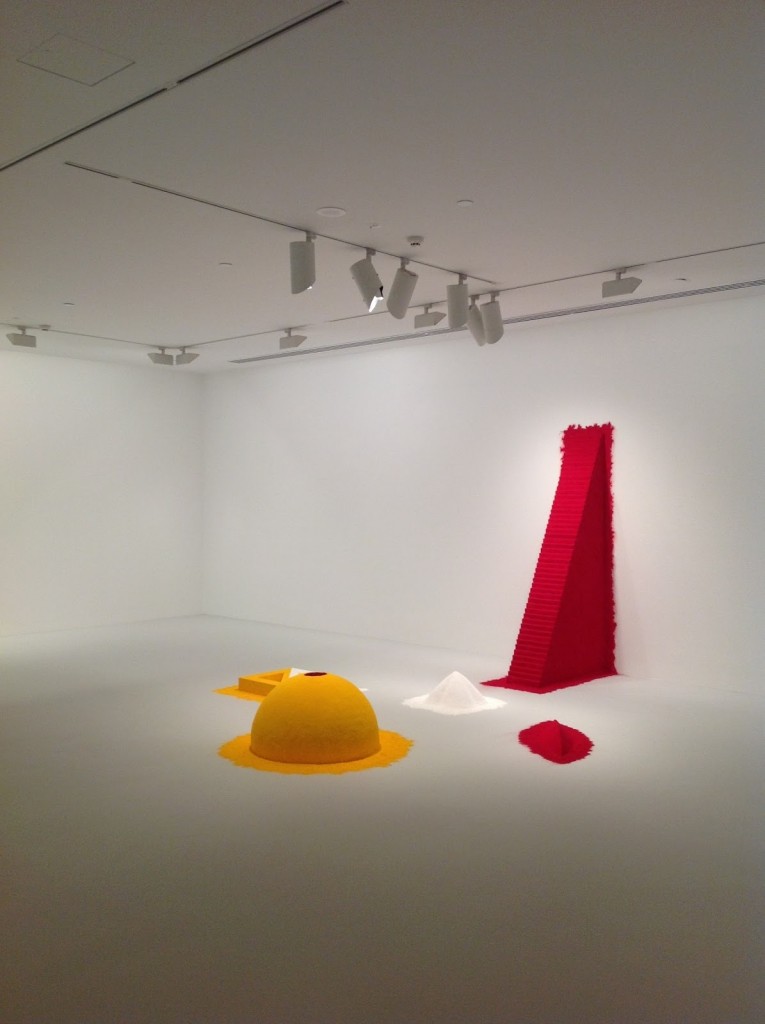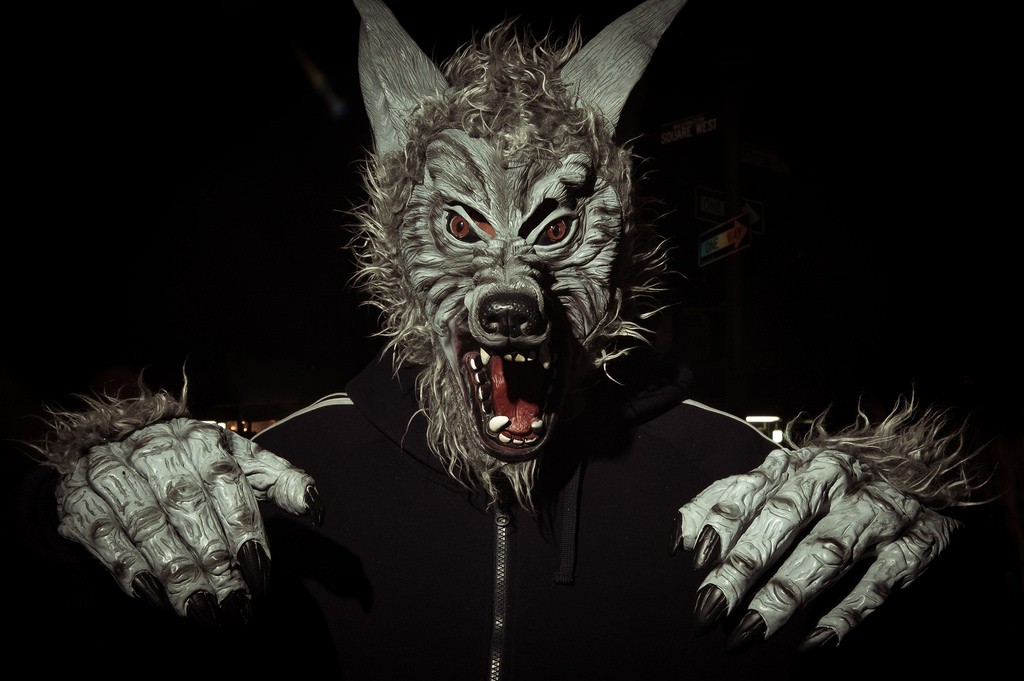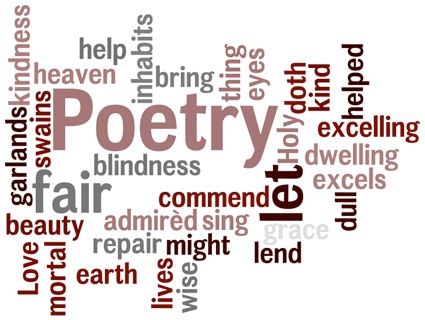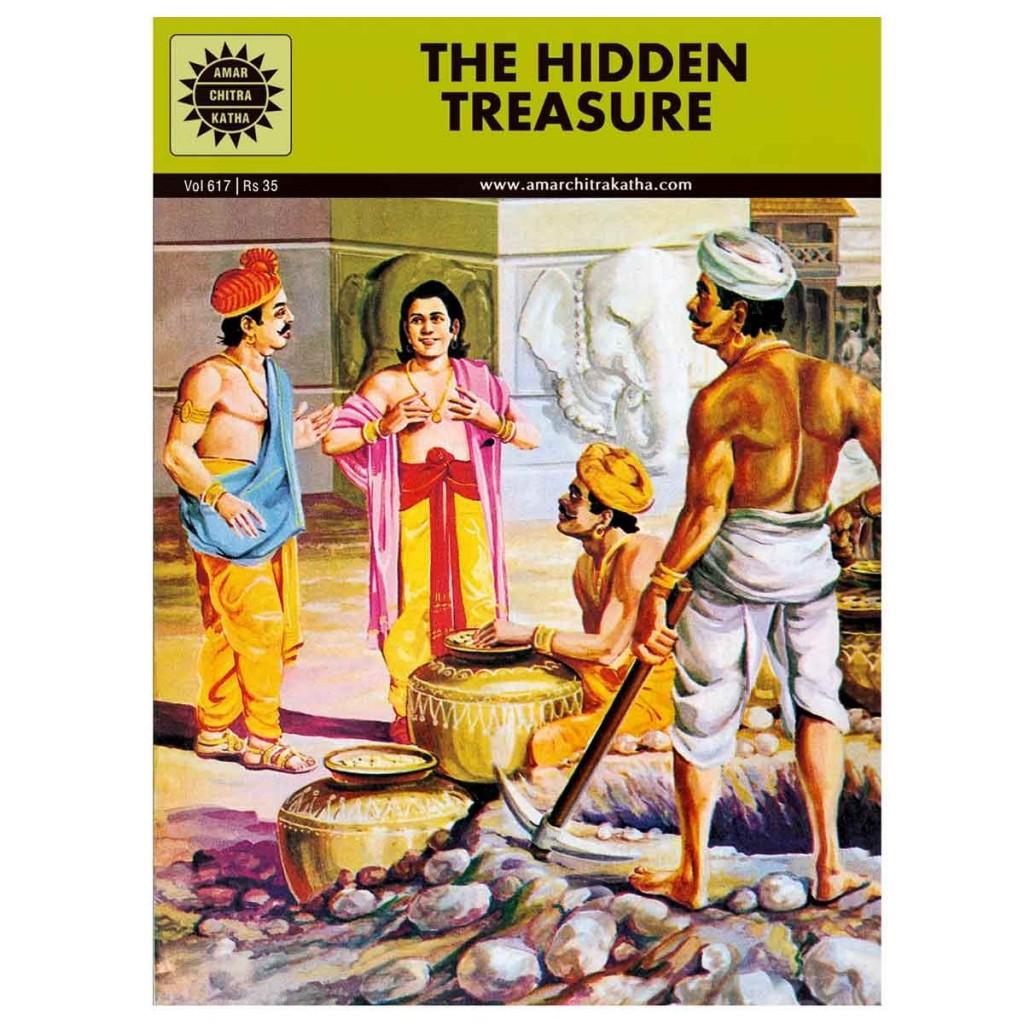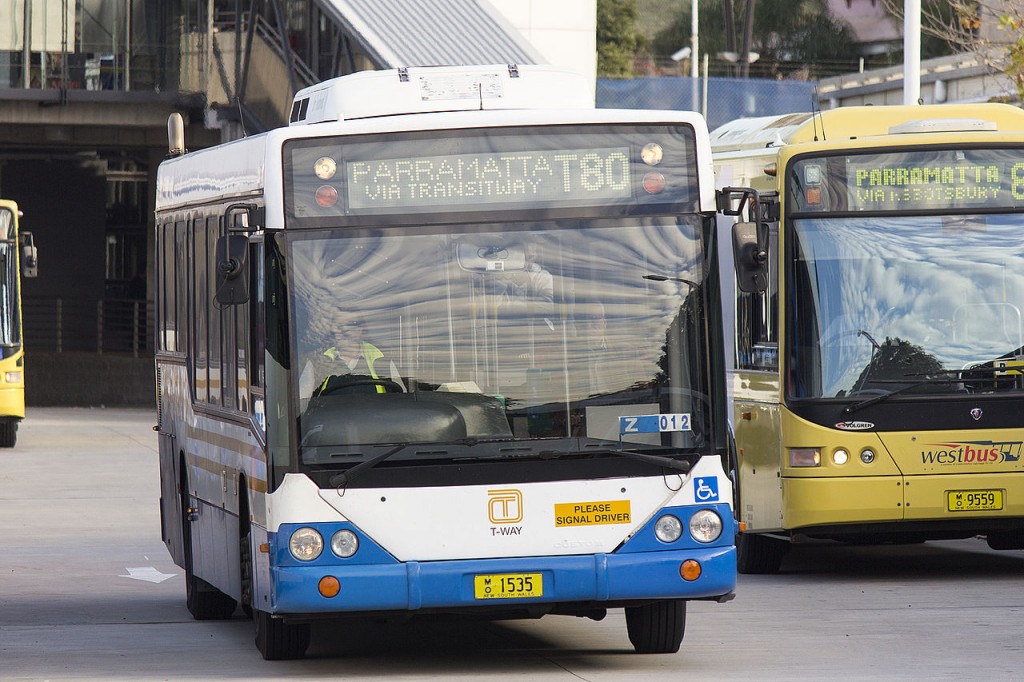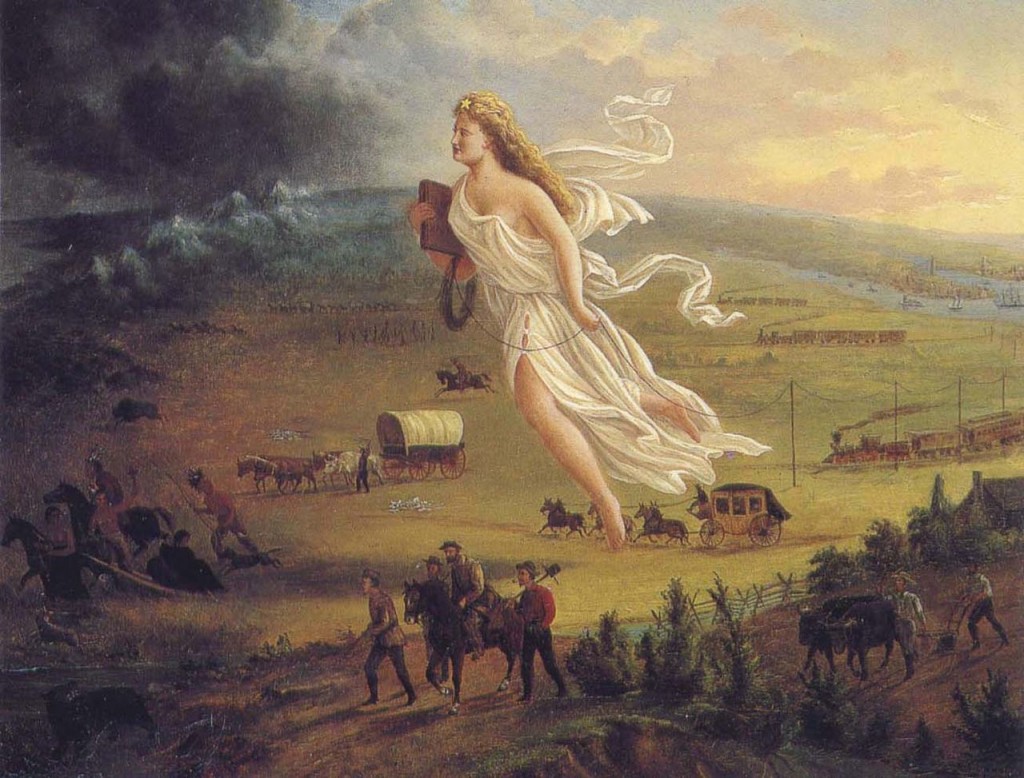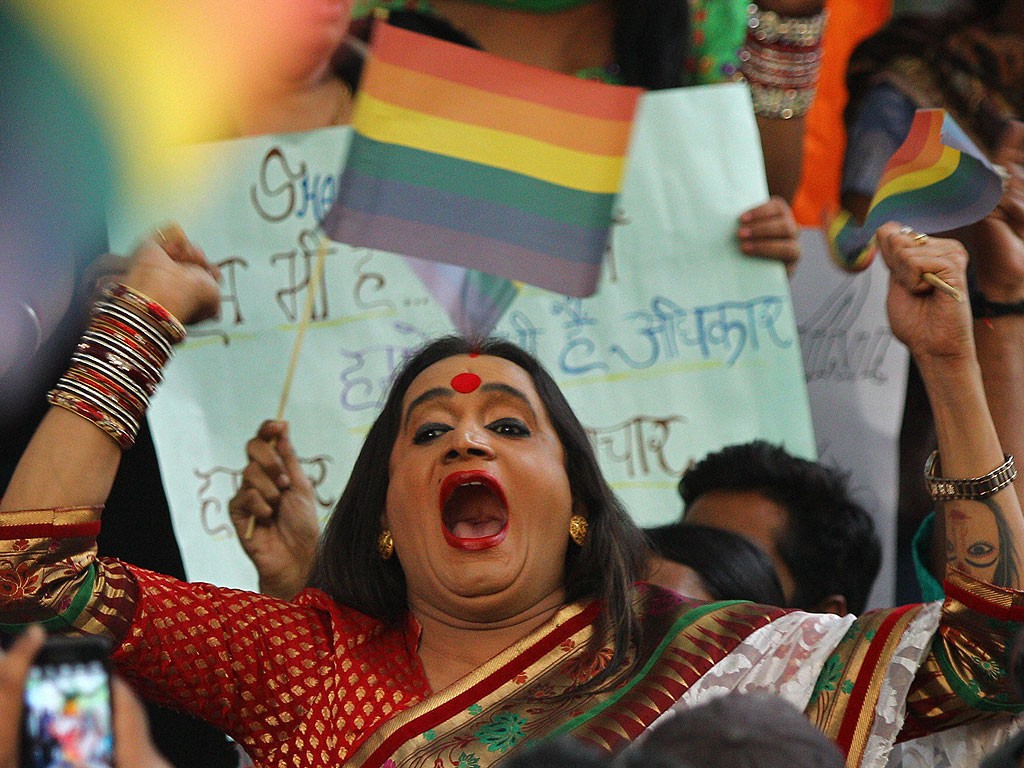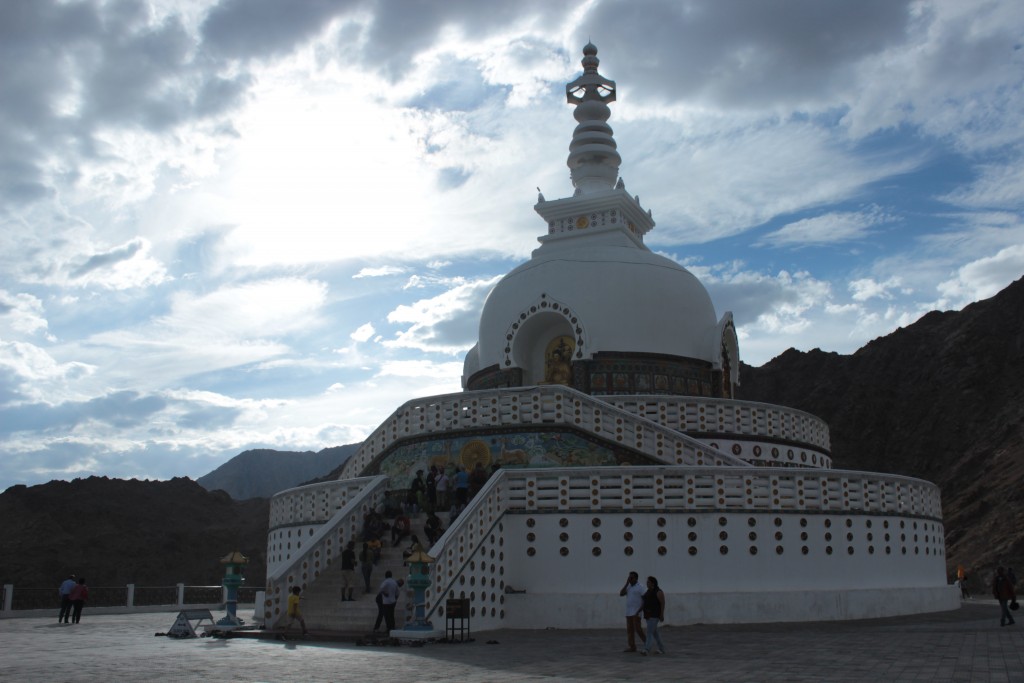As a collective of writers, artists, and academics of South Asian heritage, we acknowledge Aboriginal People and Torres Strait Islanders who are the world’s oldest continuing civilisation, and the First Peoples of this country, Australia. We remember the dispossession, the massacres, the stolen children, the colonisation, the suffering and pain this has caused and continues to cause them. As immigrants to this great southern land, we acknowledge our debt to them, and celebrate their survival. On January 26, 2016, we stand in solidarity with them.
Below we repost parts of a post previously published on this site, Are We Legit, by Roanna Gonsalves
“We are not the perpetrators, the ones who wielded the guns in the forgotten wars between invading white settlers and Indigenous Peoples. We are not the victims. However, as mainly economic migrants from South Asia (we acknowledge the many South Asian refugees from the conflict zones of Afghanistan and Sri Lanka), we are not absolved of complicity.”
“We are beneficiaries of the genocide of Aboriginal people, the dispossession of their land, the loss of their homes, their families, their cultural values, their tongues, their songs. It is such soil that we step on when we first step into Australia, soaked not just with the promise of a ‘first world lifestyle’, but squelchy with the memory of massacre.”
“Today we are living in cities and towns, building our homes, our offices, our restaurants, our shelters, our futures, putting down roots into what once were and continue to be the hunting grounds, the camping places, the sacred sites, the repositories of knowledge of the Indigenous people of Australia. We are the beneficiaries of their dispossession, and we acknowledge their loss. As immigrants from South Asia, we understand about the loss of home, family and cultural values, and we would like to express our deep sorrow to all Indigenous Australians for their suffering and offer our support for genuine reconciliation, for self-determination.”
